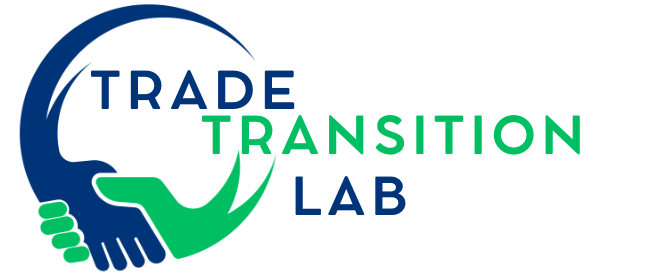Persistent Organic Pollutants (POPs) pose significant environmental and health risks. Adopted in 2001, the Stockholm Convention aims to protect human health and the environment from these substances. In 2024, this convention plays a crucial role for importers, especially with new restrictions on per- and polyfluoroalkyl substances (PFAS).
Understanding Persistent Organic Pollutants (POPs)
POPs are durable, toxic, bioaccumulative chemical compounds that can travel long distances. They include substances such as PCBs, dioxins, and now PFAS, a vast family of several thousands synthetic compounds used since the 1940s.
PFAS: A New Concern
PFAS, known for their resistance to heat, acids, water, and grease, are present in many consumer products, such as:
- Textiles (waterproof clothing, furniture)
- Food packaging
- Cosmetics
- Cookware (non-stick pans)
- Firefighting foams and water repellents [1].
Implications for Importers
1. Regulatory Compliance
Importers must closely monitor the list of POPs banned by the Stockholm Convention. Notable PFAS such as PFOA and PFOS are already restricted. With the possibility of new substances being added, importers must stay updated to avoid regulatory violations .
2. Supply Chain Adaptation
Importers need to work with their suppliers to ensure the absence of banned PFAS in their products. This involves implementing rigorous testing protocols and requesting compliance certificates to prove that products meet international standards.
3. Documentation and Traceability
Product traceability is essential. Importers must provide detailed documentation on the origin and composition of products, including certificates of analysis showing the absence of PFAS and other restricted POPs .
4. Consequences of Non-Compliance
Failure to comply with the Convention’s rules can lead to import bans, goods seizures, and fines. Therefore, it is crucial for importers to understand and comply with regulations to avoid severe penalties .
5. Environmental and Health Impact
PFAS, sometimes called “forever chemicals,” persist for a long time in the environment and accumulate in living organisms, posing health risks such as high cholesterol levels, cancers, and hormonal disruptions. Importers should therefore prioritize safer alternatives to PFAS to minimize these impacts .
Importers must adopt a proactive approach to comply with the requirements of the Stockholm Convention on POPs, incorporating robust compliance management practices and closely collaborating with suppliers to ensure their products are free from harmful substances. With rising concerns around PFAS, it is imperative to prepare for future regulations to protect both the environment and public health.


